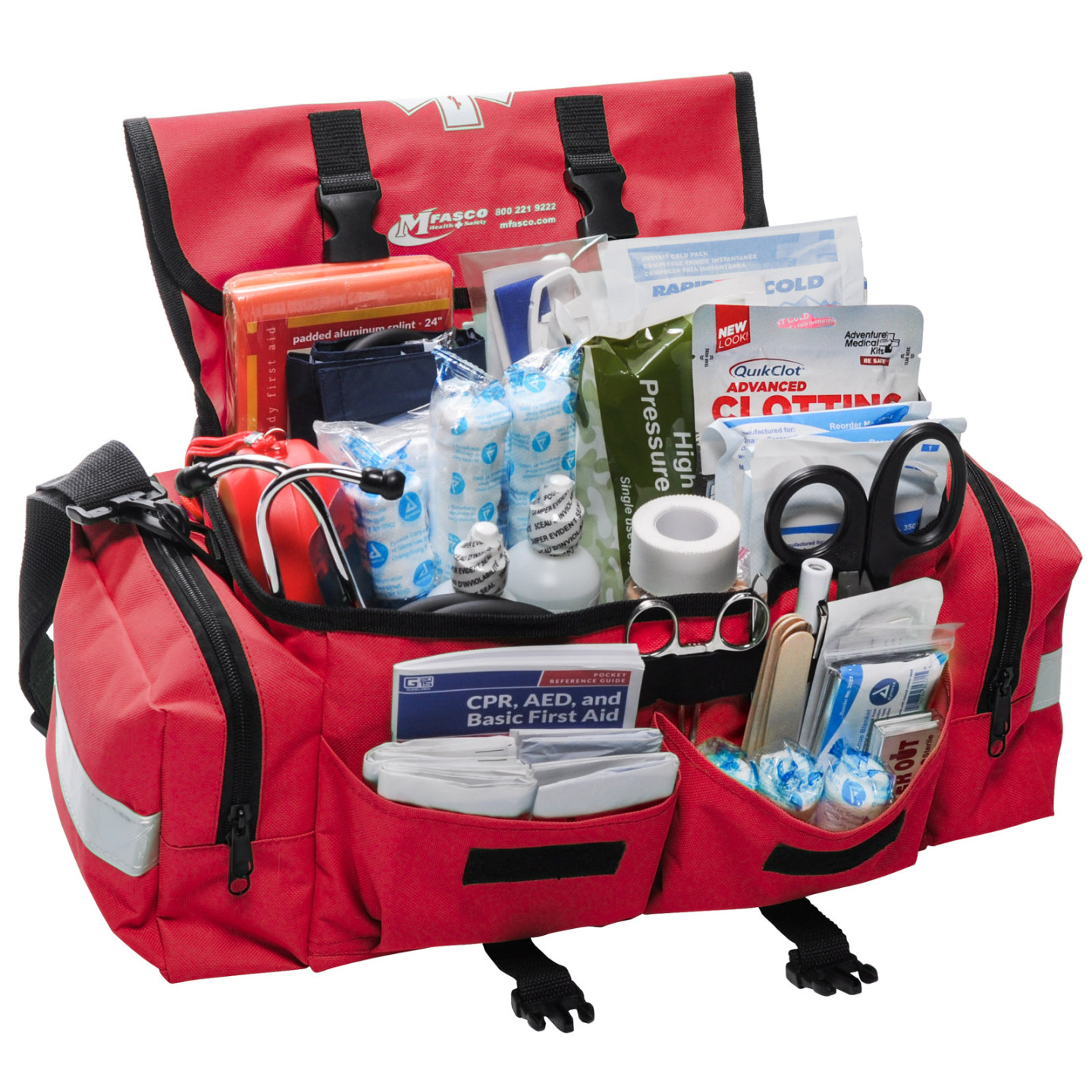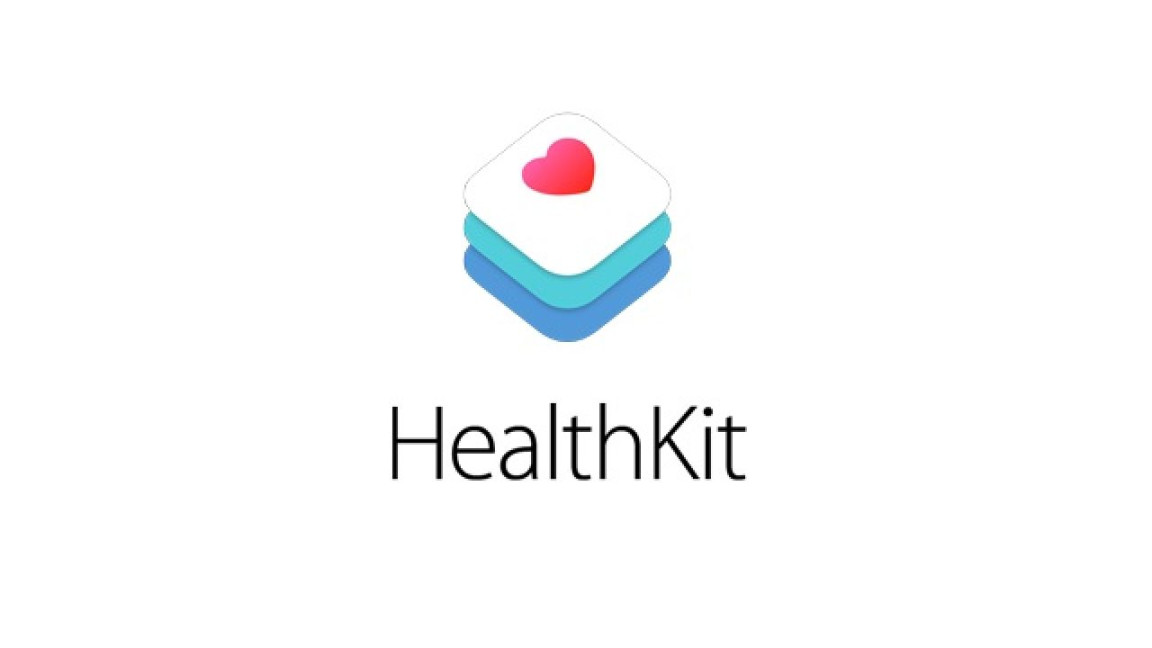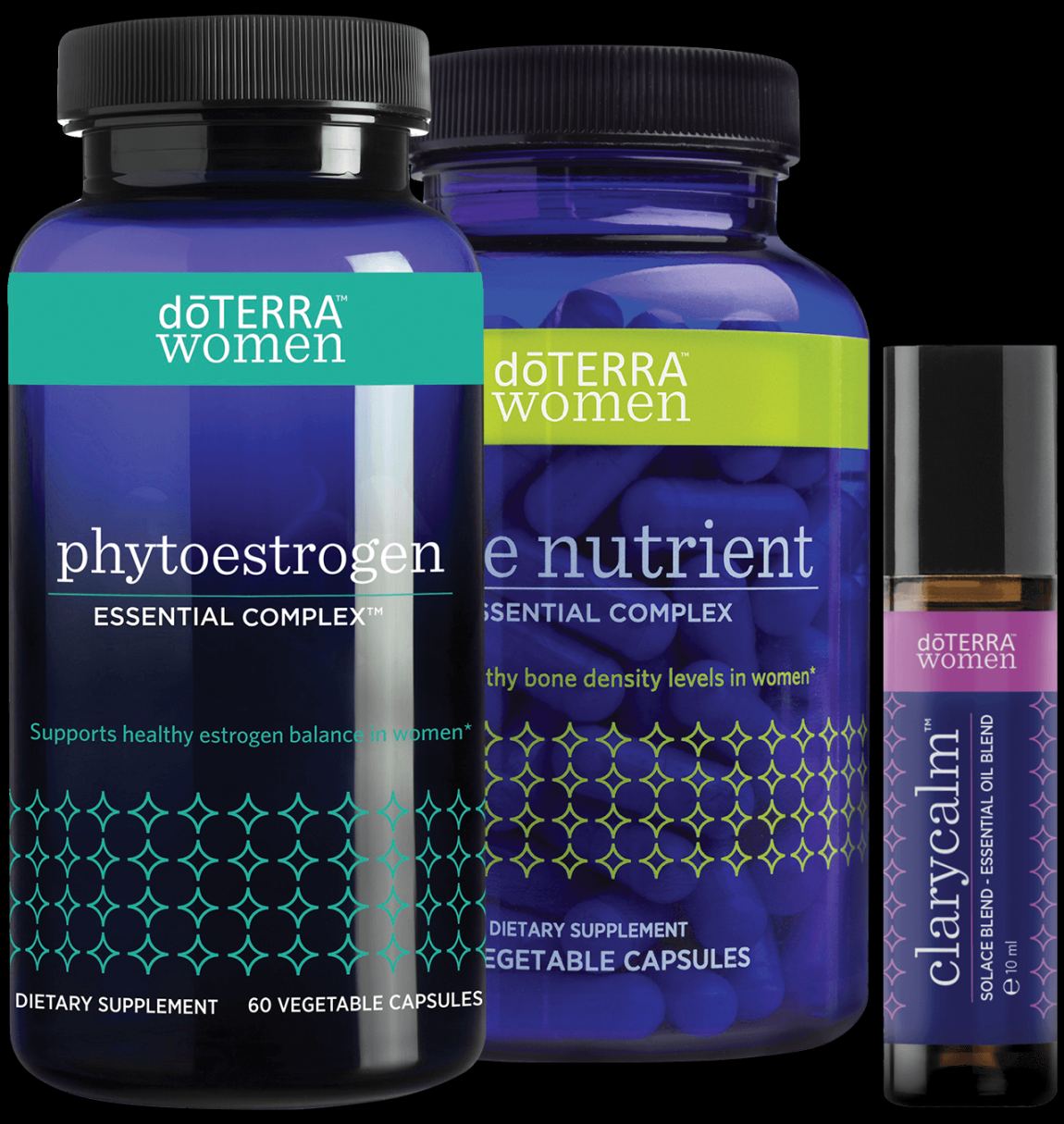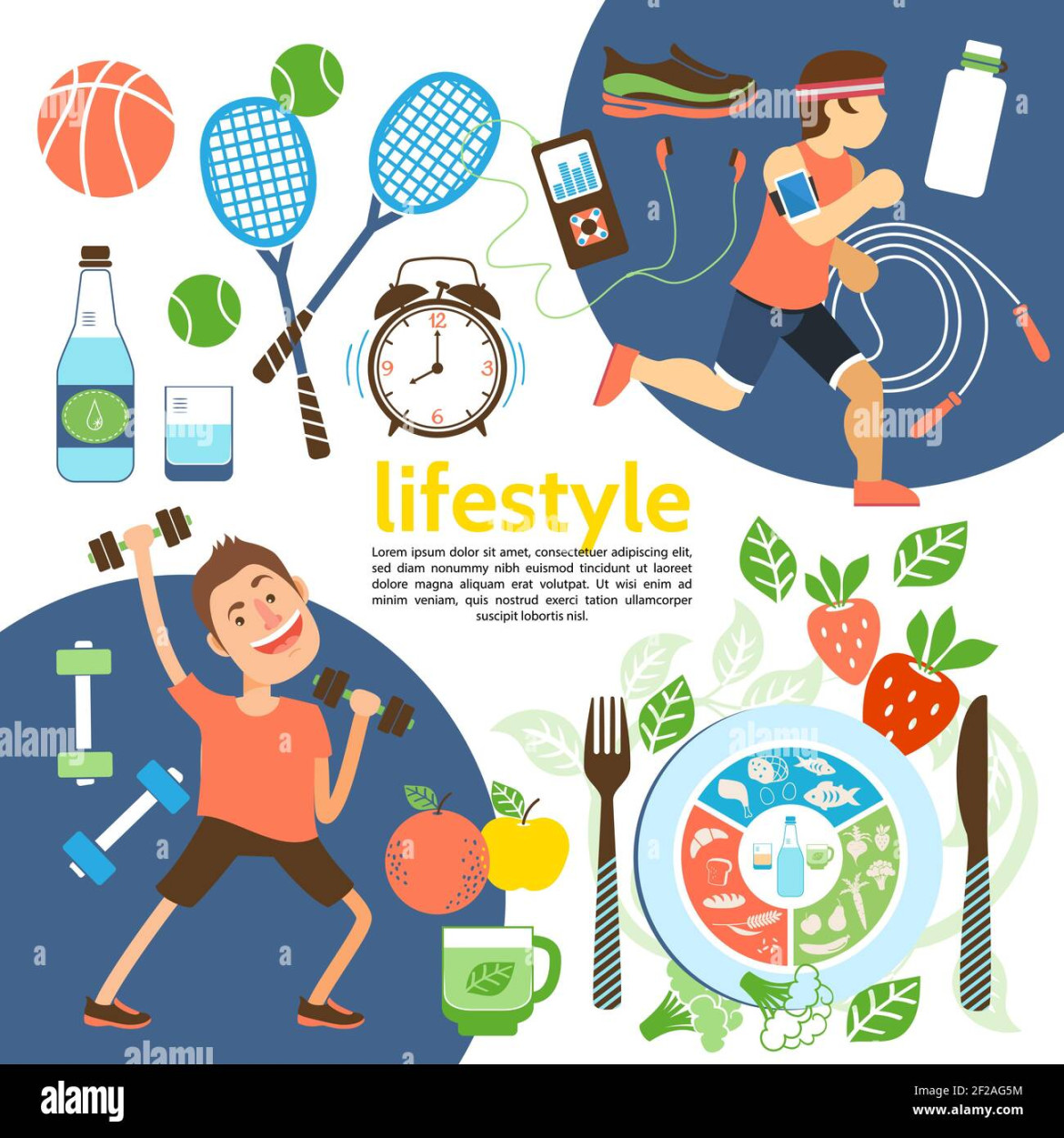1. The Power of Hydration: Drink Up!
Water is often called the elixir of life, and for good reason. It’s essential for every bodily function, from regulating temperature to aiding digestion. But how much water do you really need? The general recommendation is to aim for at least eight glasses a day, but this can vary depending on your individual needs, climate, and activity level.
Hydration Hacks:

Flavor Your Water: If you find plain water a bit boring, try adding slices of lemon, lime, cucumber, or a sprig of mint. These natural flavors can make your water more appealing and refreshing.
The Benefits of Hydration:
Improved Skin Health: Adequate hydration helps keep your skin looking plump and radiant.

Hydration Myths:
You Only Need Water: While water is the most important source of hydration, other beverages like tea, coffee, and diluted fruit juices can also contribute. Just be mindful of added sugars and caffeine.
So, what are you waiting for? Grab a glass of water and start reaping the benefits of staying hydrated!

2. The Power of Plant-Based Proteins
Let’s talk protein. Not the kind that comes in a plastic tub from the gym, but the kind that’s packed into every plant you can think of. From the humble lentil to the trendy quinoa, plant-based proteins are having a moment. And it’s no wonder. They’re not only good for your body, but they’re also good for the planet.
But what exactly is protein? It’s essentially a building block for your body. It helps repair tissues, build muscles, and keep your immune system strong. And while animal proteins like meat and dairy have traditionally been the go-to sources, plant-based proteins offer a whole host of benefits.
For starters, they’re often lower in saturated fat and cholesterol than their animal counterparts. This can help reduce your risk of heart disease and stroke. Plus, many plant-based proteins are packed with fiber, which can help keep you feeling full and satisfied. And let’s not forget about the environmental benefits. Plant-based agriculture typically has a smaller carbon footprint than animal agriculture, making it a more sustainable choice.
So, how can you incorporate more plant-based proteins into your diet? The possibilities are endless. Here are a few ideas to get you started:
Lentils and beans: These versatile legumes are a great source of protein and fiber. Try them in soups, stews, or salads.
Remember, you don’t have to go completely vegan or vegetarian to reap the benefits of plant-based proteins. Simply incorporating more of these foods into your diet can make a big difference.
And don’t be afraid to experiment. There are countless delicious and nutritious plant-based protein recipes out there. With a little creativity, you can find ways to enjoy these foods in all kinds of dishes. So, why not give it a try? Your body and the planet will thank you.
 Udento Lifestyle & Health
Udento Lifestyle & Health




